USA: Commanders stadium future in doubt as Washington risks major loss
source: StadiumDB.com; author: Paulina Skóra
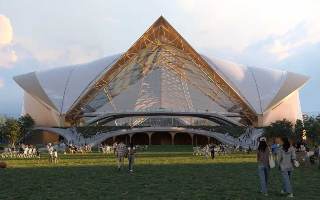 In early June, reports emerged that the Washington City Council is considering removing the agreement for a new stadium for the Commanders from the District’s budget.
In early June, reports emerged that the Washington City Council is considering removing the agreement for a new stadium for the Commanders from the District’s budget.
Advertisement
Washington Mayor issues warning
The agreement, which proposes the team’s return to the RFK Stadium site, could be struck from the 2026 budget and subjected to a separate vote — one that would take place only after the budget is approved. The deal between the District of Columbia and the Commanders must be finalized by July 15. If that deadline passes, the team could resume negotiations with officials in Maryland or Virginia.
Mayor Muriel Bowser recently warned that delays from the Council could jeopardize the entire project. In a statement released a few days ago, Bowser emphasized that now is the time for debate on the agreement: Delaying means losing our exclusive seat at the negotiating table and $2.7 billion in private investment,
the mayor said. The Commanders and my team are ready to work with the Council to address any concerns. Let me be clear — if the Council removes the deal or its allocated funding from the budget, it will effectively terminate our agreement with the Commanders.
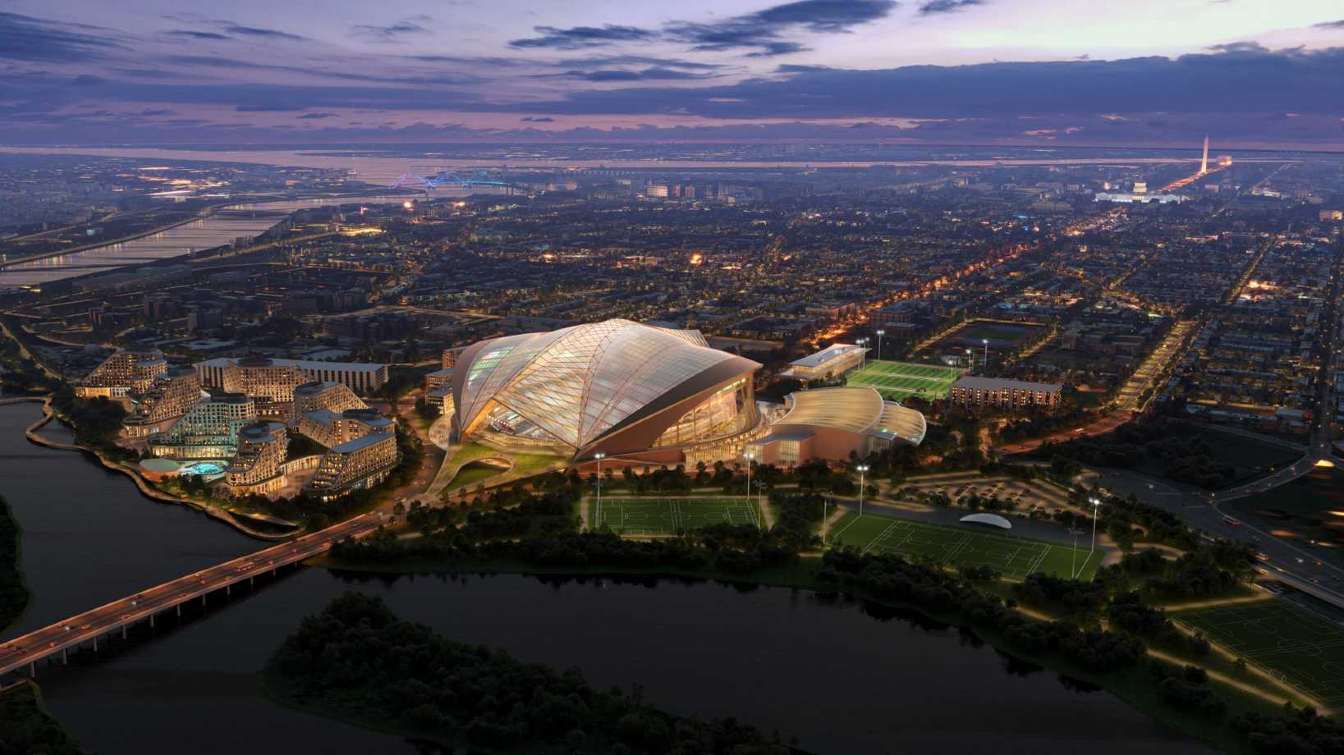 © KATO Design | Design of RFK National Stadium
© KATO Design | Design of RFK National Stadium
Too little time to evaluate the investment?
Time is running out, and it remains unclear whether the Council will even review the agreement by July 15. Council Chair Phil Mendelson has repeatedly stated that reviewing a $4 billion proposal in under six weeks is extremely difficult — especially while the Council must also finalize the entire District budget.
Commanders representatives note that the timeline is tight, leaving little room for delays. While a few months’ delay might normally be manageable, time is now of the essence. Although talks with the Council and collaboration with Mayor Bowser have been constructive so far, the team stresses that key steps — such as obtaining permits, urban planning approvals, and zoning adjustments — cannot begin without formal agreement approval. Extending the process into the fall could seriously threaten the project.
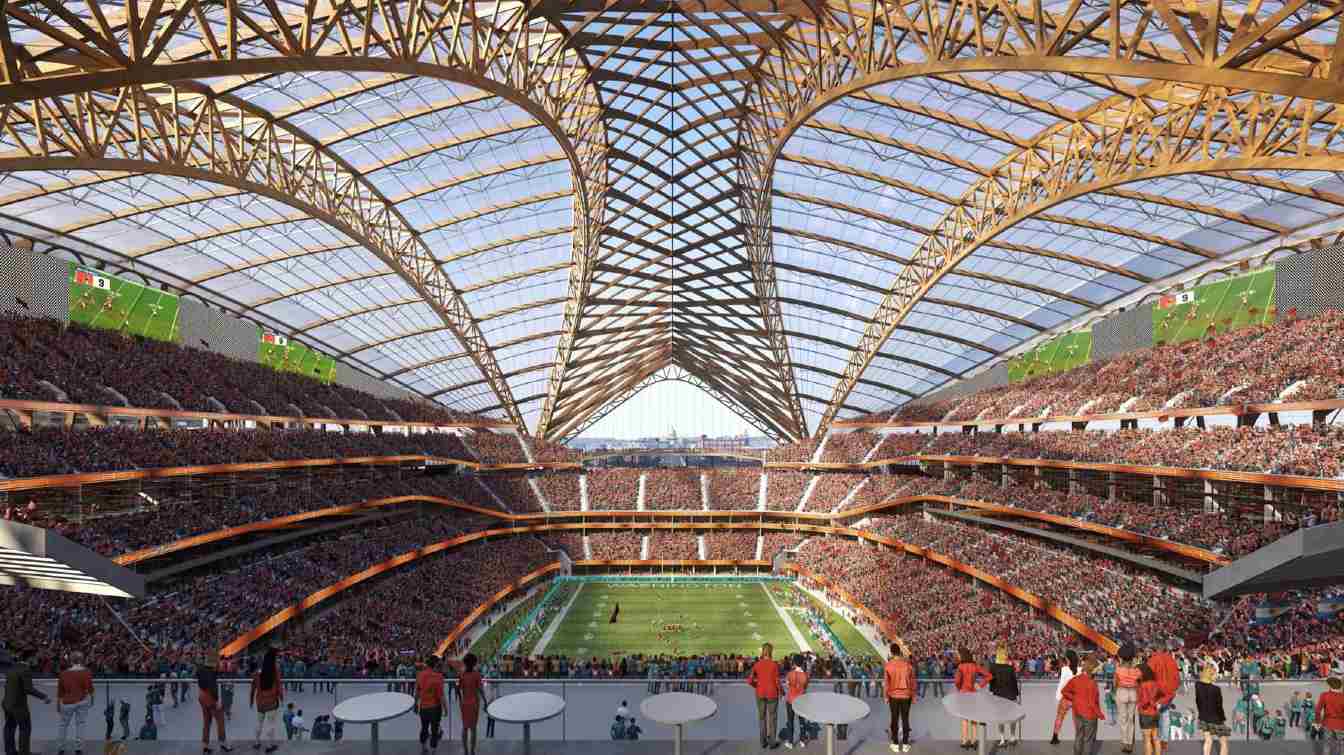 © KATO Design | Design of RFK National Stadium
© KATO Design | Design of RFK National Stadium
Costs higher than initially expected
If the new Commanders stadium is built in Washington, the city’s total costs may significantly exceed the $1.1 billion outlined in the agreement. The mayor’s office explains that part of the funding would support broader development of the area, including a mixed-use project that is formally separate from the stadium deal. Additional buildings surrounding the stadium are not directly included in the agreement with the team.
At a recent budget hearing, city officials Kevin Donahue and Jenny Reed noted that housing-related funding could come from the Housing Production Trust Fund. However, they also clarified that this portion is not part of the mayor’s core stadium budget proposal.
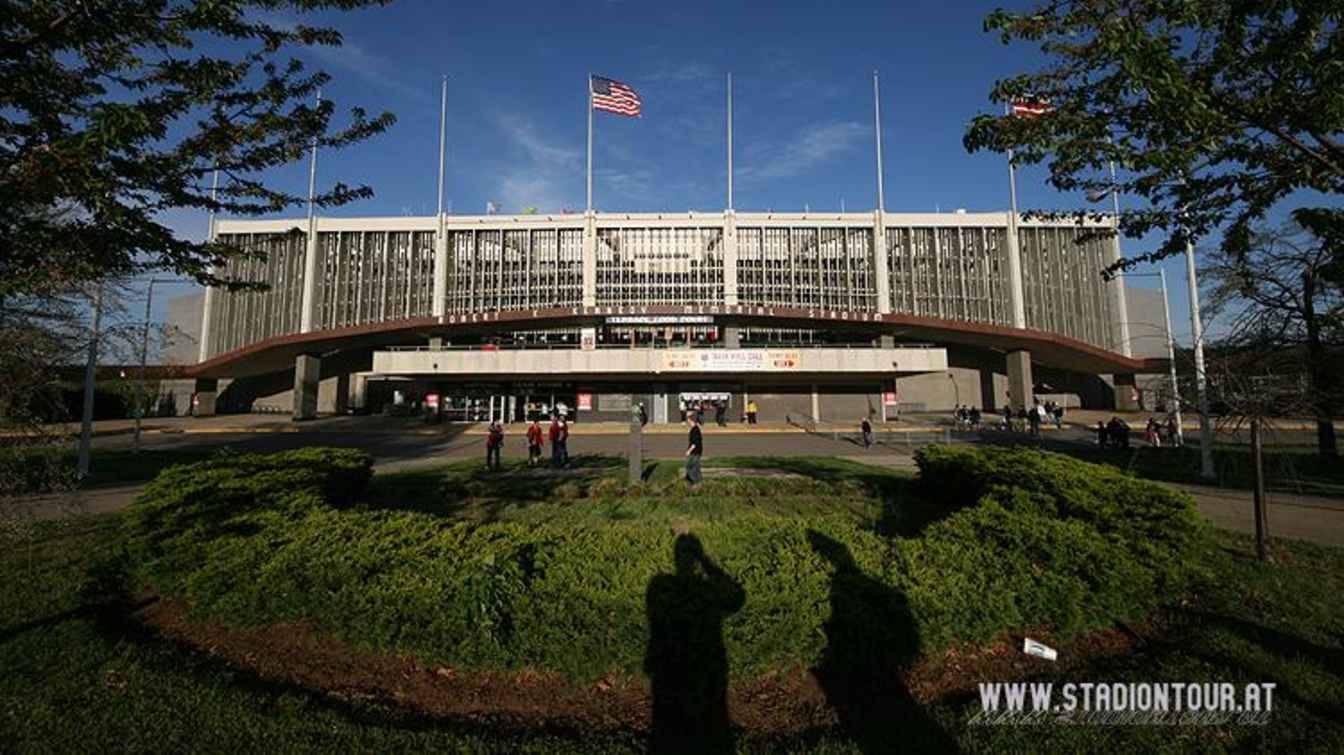 © Stadiontour.at | Robert F. Kennedy Memorial Stadium
© Stadiontour.at | Robert F. Kennedy Memorial Stadium
Concerns over losing the project’s community focus
Of the planned 5,000 new housing units, about 30% are expected to be affordable. Still, some council members and civic organizations worry that the absence of binding legal provisions could lead to the prioritization of stadium infrastructure (like parking) over housing. Mayor Bowser’s proposed budget for the next fiscal year allocates nearly $1 billion for the development surrounding the stadium campus at RFK. Of this, $681 million is for infrastructure and parking, $202 million for roads, utilities, and transit studies (WMATA), and $89 million for a new youth sports complex. Some residents and council members are calling for greater transparency and legal guarantees to ensure the housing components are protected, fearing the development could eventually lose its community-oriented character without clear safeguards.
Full development of the area is planned for completion by 2036. Construction and urban enhancements will continue around the stadium until then. In 2032, the city plans to issue $175 million in revenue bonds, to be repaid through stadium-generated income. The Commanders will fund the stadium construction themselves, at an estimated cost of $2.7 billion.
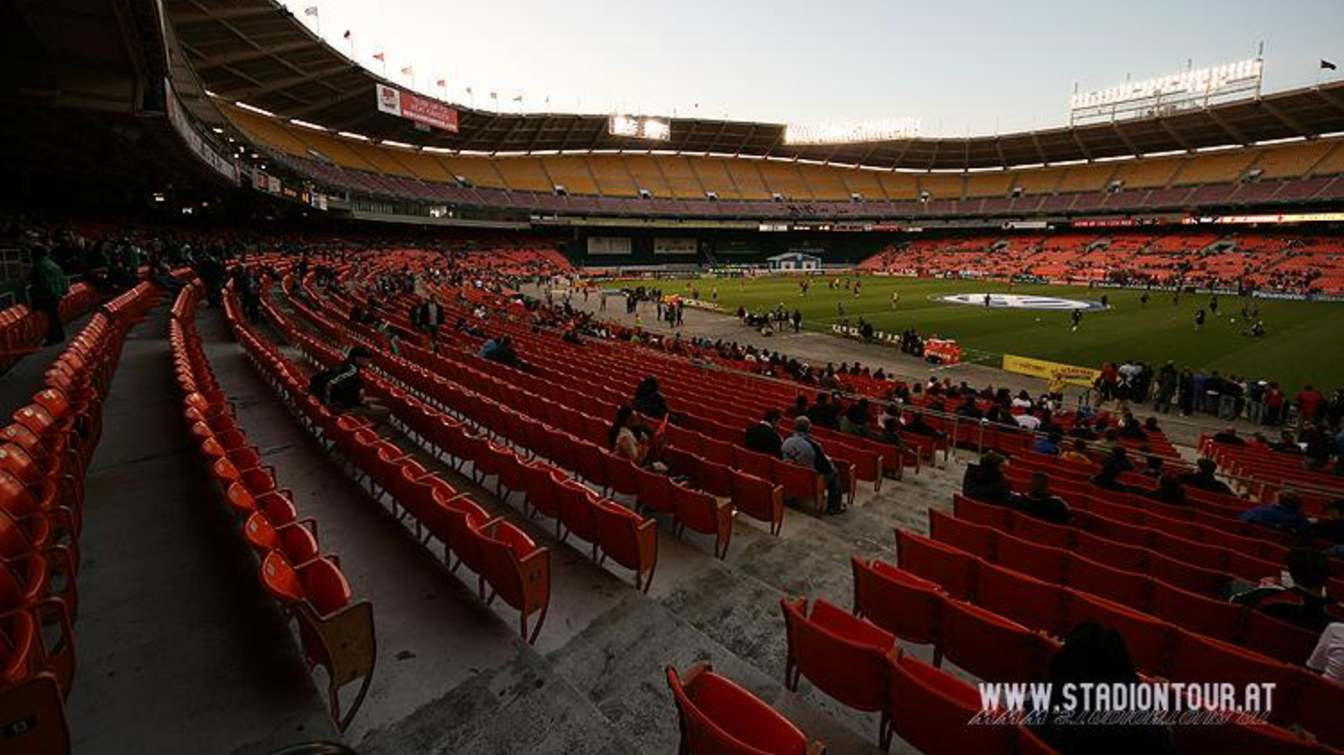 © Stadiontour.at | Robert F. Kennedy Memorial Stadium
© Stadiontour.at | Robert F. Kennedy Memorial Stadium
New Commanders stadium to generate massive revenue
A report by Conventions, Sports & Leisure International estimated the project’s economic impact over the next 30 years. The project is expected to create around 30,000 jobs and generate $5 billion in tax revenue and $24 billion in total economic impact. In its first year of operation alone, the stadium could bring in over $60 million in tax revenue.
These figures are intended to convince residents and City Council members to support the project. According to the schedule, the stadium would open before the start of the 2030 NFL season. The venue is also expected to be used broadly — beyond football games, it would host concerts, wrestling events, soccer matches, and even conventions and trade shows. The report projects 10 NFL games per year, 18–19 commercial events, and up to 200 private functions.
Although some economists question whether stadiums truly drive urban development, D.C. officials argue that past investments — such as Nationals Park and the Navy Yard district — brought far greater benefits than initially predicted. City leaders believe the same will happen here, especially since the new stadium will be enclosed, enabling it to host year-round events.
City officials consider the project a key part of their strategy to revitalize the local economy, particularly amid federal job losses. The report also seeks to counter skepticism from residents who may distrust city-funded financial analyses. Officials stress that the consulting firm prepared the report independently and has global experience in evaluating similar projects. District leaders maintain that investing in proven sectors — like technology and sports/entertainment — is one of the best ways to stimulate economic growth and boost the city’s revenue.
Advertisement
 StadiumDB
StadiumDB